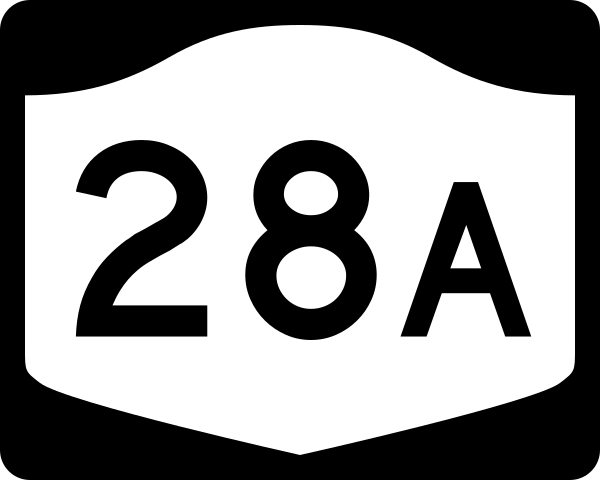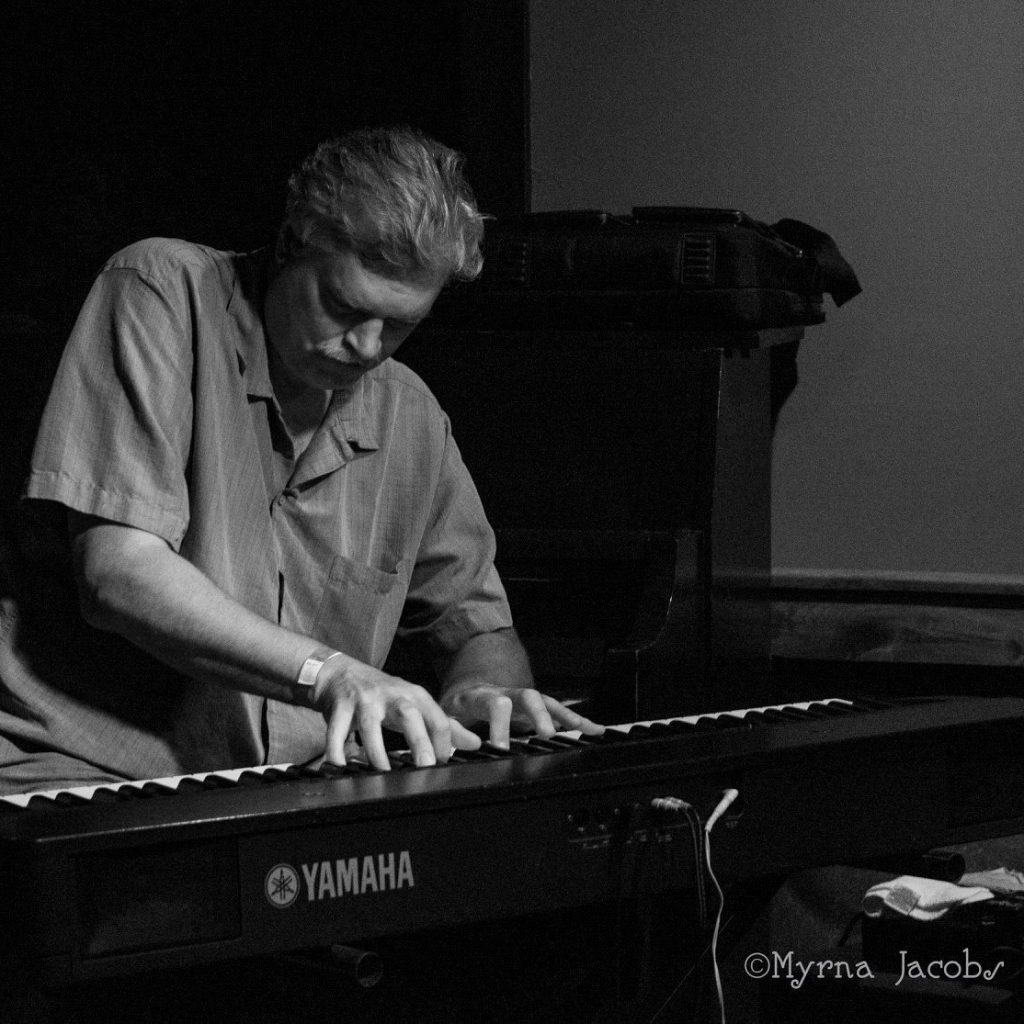As I explained in a previous blog post, Kate Bluett’s rendition of Psalm 28 was so good that it needed two musical versions to bring out the nuances of the text.
I named this hymn tune “ROCKY” because of its sturdy musical feel and the references to God as the Rock in the text. It made sense that the other tune–so shifty and slippery–should be called “SANDY.” I still can’t decide which I like better. ROCKY is muscular and to the point, and likely easier for congregations to sing. SANDY is more sophisticated musically but may be more suited to a soloist.
I will let you decide. Feel free to leave a comment explaining which is your favorite and why.

1. My God, the Rock on which I stand,
I cry to you in need.
My refuge, see me lift my hands:
Do not be deaf to me!
Not silent as the stony ground,
unmoving when I cry:
Into the pit I shall go down
if stone-like you stand by.
2. Do not cast me away, O Lord,
with those whose tongues are sharp,
who speak of peace and long for war
within their hardened hearts.
Give them instead what they deserve,
and tear their evil down.
Let them and all their wicked works
lie scattered on the ground!
3. But you, O God, are stone and strength;
our refuge never fails.
You bear us up the breadth and length
of all our days and cares.
Blest be the Lord who heard my cry:
my strength, my shield, my Rock.
Oh, let my song rise up on high
to praise the might of God!






